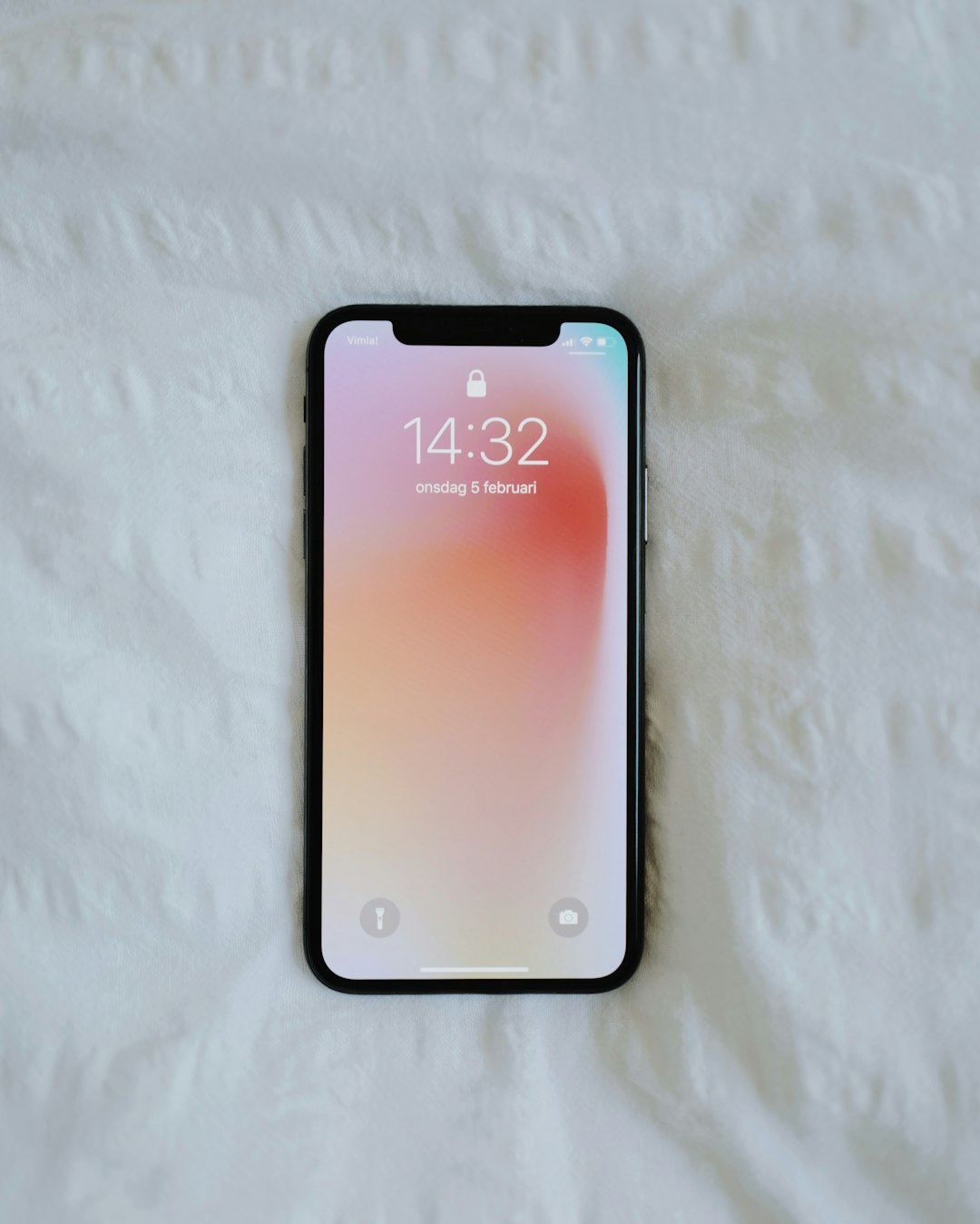Alabama's Do Not Call laws protect residents from unwanted telemarketing calls, with the Attorney General's Office enforcing guidelines. Residents can opt-out via the state registry and document unwanted calls from law firms for legal action. In Birmingham, documenting call patterns, saving evidence like phone records and recordings, and filing complaints with regulatory bodies are crucial steps to combat nuisance calls. Using consumer protection tools and SEO keywords like "Do not call law firms Alabama" aids in blocking future calls and strengthening cases. Consult a lawyer for guidance on FTC complaints and potential lawsuits.
Tired of unwanted calls in Birmingham, Alabama? Understanding your rights under the state’s do-not-call laws is crucial. This comprehensive guide navigates the process of documenting and addressing persistent telemarketing calls. From identifying and recording offending numbers to reporting them to the appropriate authorities, you’ll learn effective strategies for asserting your privacy. Additionally, discover legal actions available if your rights are violated, ensuring a quieter, more peaceful home environment free from unwanted solicitations—no do-not-call law firms required.
Understanding Unwanted Call Laws in Alabama

In Alabama, there are strict regulations in place to protect residents from unwanted telephone solicitations, commonly known as telemarketing calls. The state’s Do Not Call laws are designed to give individuals control over their phone communications and prevent excessive or nuisance calls. These laws are enforced by the Alabama Attorney General’s Office, which has established guidelines for businesses engaging in telemarketing activities within the state.
The Do Not Call registry in Alabama allows residents to opt-out of receiving marketing calls from both local and out-of-state companies. It’s crucial to be aware that certain types of organizations are exempt from these regulations, including charitable organizations, political campaigns, and telemarketers with prior business relationships. However, if you consistently receive unwanted calls from law firms or other businesses attempting to sell services, documenting each incident can help protect your rights and potentially lead to legal action against violators under Alabama’s Do Not Call laws.
Identifying and Documenting Unwanted Calls

In Birmingham, Alabama, identifying and documenting unwanted calls, particularly from law firms, is a crucial step in protecting your privacy and taking control over your phone communications. Start by recognizing the patterns of these unsolicited calls. Law firm telemarketers often use automated dialing systems, so you might notice frequent calls from unknown numbers or those that display “Unknown” or “Private” on your caller ID. Keep a log of these calls, jotting down dates, times, and any specific messages or requests made by the callers.
Documenting each instance is essential as it provides evidence if you need to take further action. Note down the law firm’s name, contact information, and any reference numbers mentioned during the call. Record details like the purpose of the call—whether it’s about a potential legal case, settlement offers, or debt collection—and your response, even if you simply hung up. This comprehensive record will aid in blocking future calls from these firms and may be useful if you ever need to report unwanted telemarketing practices to local regulatory bodies or file complaints with the Do Not Call Registry in Alabama.
Collecting Evidence: What to Save and How to Store It

When documenting unwanted calls, evidence collection is crucial. Save and store any relevant information such as phone records detailing the dates, times, and duration of the calls, screenshots or recordings of the caller’s messages, and any communication exchanged via email or text. Ensure these are kept in a secure location for future reference.
Proper storage methods include using cloud-based platforms for digital documents and keeping physical copies in a safe, labelled folder. Organise evidence by date and caller information to make it easily retrievable if needed. Remember, this documentation can be powerful when reporting the issue to the appropriate authorities or legal firms in Alabama, especially when aiming to prevent future do not call requests from being ignored.
Reporting Unwanted Calls to the Right Authorities

In Birmingham, Alabama, unwanted calls, often from telemarketers or scammers, can be a persistent issue. If you’re experiencing such calls, it’s important to know that there are specific authorities and steps you can take to document and report them effectively. Start by identifying the type of caller; if it’s a law firm or collection agency, remember that “do not call” laws protect consumers from unsolicited calls from these entities.
Contact your state’s Attorney General’s office in Alabama to file a complaint. This is a crucial step as it helps authorities track and take action against persistent unwanted callers. Provide all relevant details, including the caller’s phone number, the nature of the calls (e.g., telemarketing, scam), and dates of contact. Additionally, consider using tools provided by consumer protection agencies to block future calls and document call patterns for further evidence.
Taking Legal Action: Your Rights and Steps Forward

If repeated unwanted calls from telemarketers or sales firms have left you feeling harassed, it’s important to know that you have legal rights in Birmingham, Alabama. The Telephone Consumer Protection Act (TCPA) is a federal law designed to protect consumers from nuisance calls, and its provisions extend to Alabama residents. If you’ve documented these calls and can prove they were unsolicited, you may be able to take legal action.
The first step is to gather evidence, including call logs, screenshots of caller IDs, or recordings of the conversations (with the caller’s consent). Then, consult with a lawyer who specializes in consumer rights or telemarketing laws. They can guide you on how to file a complaint with the Federal Trade Commission (FTC) and help determine if individual lawsuits against the offending firms are warranted. Remember, do not call law firms in Alabama unless they’ve been retained by you for legal representation.






